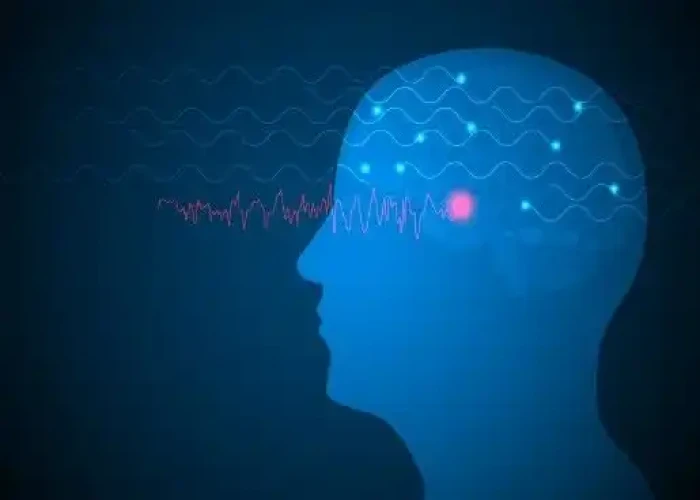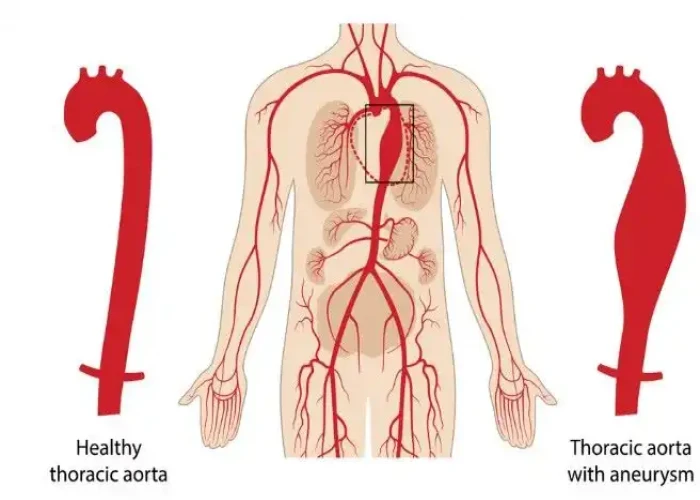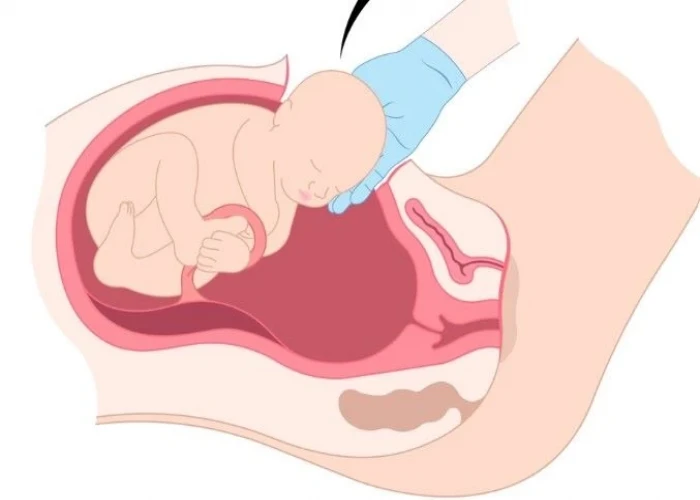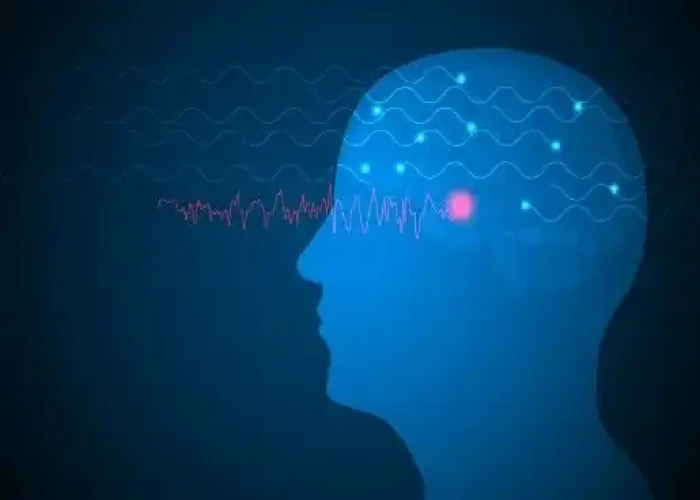 Welcome
Welcome
“May all be happy, may all be healed, may all be at peace and may no one ever suffer."
Temporal lobe seizure

A temporal lobe seizure is a type of seizure that originates in the temporal lobes of the brain, which are located on the sides of the brain above the ears. These seizures can cause a variety of symptoms and affect different areas of the brain, depending on the exact location of the seizure focus.
Symptoms of temporal lobe seizures may include:
- Altered consciousness or awareness, such as staring blankly
- Unusual behaviors or movements, such as lip smacking, chewing or picking at clothing
- Changes in sensation, such as tingling or numbness in the limbs or face
- Changes in emotions or mood, such as fear, anxiety or déjà vu experiences
- Hallucinations, which may involve sight, smell, taste, or sound
- Memory loss, which may include confusion, difficulty recalling information or even temporary amnesia
In some cases, temporal lobe seizures may be accompanied by other types of seizures, such as generalized tonic-clonic seizures.
The causes of temporal lobe seizures can vary and include head injuries, brain tumors, infections, or genetic predisposition. In some cases, no underlying cause can be identified.
Diagnosis of temporal lobe seizures typically involves a medical history, neurological exam, and diagnostic testing such as electroencephalography (EEG) or brain imaging studies. Treatment for temporal lobe seizures typically involves anti-seizure medications, and in some cases, surgical interventions to remove or isolate the affected area of the brain.
It is important for individuals who experience temporal lobe seizures to work closely with a healthcare provider to identify and manage the underlying cause and to develop a comprehensive treatment plan to control seizure activity and improve quality of life.
Research Papers
Disease Signs and Symptoms
- Abdomen pain
- Lip smacking
- Difficulty speaking
- Seizures
- Excessive sleepiness
- A sudden sense of unprovoked fear or joy
- Loss of awareness of surroundings
- A period of confusion and difficulty speaking
- Inability to recall what occurred during the seizure
Disease Causes
Temporal lobe seizure
Often, the cause of temporal lobe seizures remains unknown. However, they can be a result of a number of factors, including:
- Traumatic brain injury
- Infections, such as encephalitis or meningitis, or a history of such infections
- A process that causes scarring (gliosis) in a part of the temporal lobe called the hippocampus
- Blood vessel malformations in the brain
- Stroke
- Brain tumors
- Genetic syndromes
During normal waking and sleeping, your brain cells produce varying electrical activity. If the electrical activity in many brain cells becomes abnormally synchronized, a convulsion or seizure may occur.
If this happens in just one area of the brain, the result is a focal seizure. A temporal lobe seizure is a focal seizure that originates in one of the temporal lobes.
Disease Prevents
Disease Treatments
Not everyone who has one seizure will have another one. Because a seizure can be an isolated incident, your doctor may not decide to start treatment until you've had more than one.
The optimal goal in seizure treatment is to find the best possible therapy to stop seizures, with the fewest side effects.
Medications
Many medications are available to treat temporal lobe seizures. However, many people don't achieve seizure control with medications alone, and side effects, including fatigue, weight gain and dizziness, are common.
Discuss possible side effects with your doctor when deciding about treatment options. Also ask what effect your seizure medications and other medications you take, such as oral contraceptives, may have on each other.
Surgical or other procedures
When anti-seizure medications aren't effective, other treatments may be an option:
- Surgery. The goal of surgery is to stop seizures from happening. This is often done through a traditional surgery, where surgeons operate to remove the area of the brain where seizures begin. In certain people, surgeons may be able to use MRI-guided laser therapy as a less invasive way to destroy the area of damaged tissue that causes seizures.
- Surgery works best for people who have seizures that always originate in the same place in their brains. Surgery generally isn't an option if your seizures come from more than one area of the brain, your seizure focus can't be identified or your seizures come from a region of the brain that performs vital functions.
- Vagus nerve stimulation. A device implanted underneath the skin of your chest stimulates the vagus nerve in your neck, sending signals to your brain that inhibit seizures. With vagus nerve stimulation, you may still need to take medication, but you may be able to lower the dose.
- Responsive neurostimulation. During responsive neurostimulation, a device implanted on the surface of your brain or within brain tissue can detect seizure activity and deliver an electrical stimulation to the detected area to stop the seizure.
- Dietary therapy. Following a diet that's high in fat and low in carbohydrates, known as a ketogenic diet, can improve seizure control. Variations on a high-fat, low-carbohydrate diet, such as the low glycemic index and modified Atkins diets, may be less effective. However, they aren't as restrictive as the ketogenic diet and might provide some benefit.
Pregnancy and seizures
Women who've had previous seizures typically are able to have healthy pregnancies. Birth defects related to certain medications can sometimes occur.
In particular, valproic acid (Depakene) — one possible medication for generalized seizures — has been associated with cognitive deficits and neural tube defects, such as spina bifida. The American Academy of Neurology recommends that women avoid using valproic acid during pregnancy because of risks to the baby.
Discuss these risks with your doctor. Because of the risk of birth defects, and because pregnancy can alter medication levels, preconception planning is particularly important for women who've had seizures.
In some cases, it may be appropriate to change the dose of seizure medication before or during pregnancy. Medications may be switched in rare cases.
Contraception and anti-seizure medications
It's also important to know that some anti-seizure medications can alter the effectiveness of oral contraceptives — a form of birth control — and some oral contraceptives can speed up the absorption of seizure medications. If contraception is a high priority, check with your doctor to evaluate whether your medication interacts with your oral contraceptive, and if other forms of contraception need to be considered.
Disease Diagnoses
Disease Allopathic Generics
Disease Ayurvedic Generics
Disease Homeopathic Generics
Disease yoga
Temporal lobe seizure and Learn More about Diseases

Rheumatoid arthritis

Hyponatremia

Craniosynostosis

Thoracic aortic aneurysm

Colon cancer

Postpartum preeclampsia

Diabetic neuropathy

Schizotypal personality disorder
temporal lobe seizure, টেমপরারি লোব সেইজুর
To be happy, beautiful, healthy, wealthy, hale and long-lived stay with DM3S.
